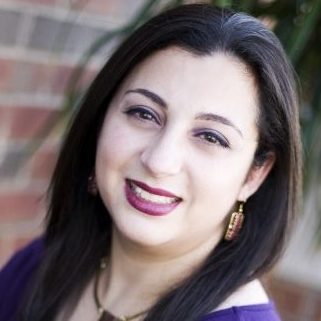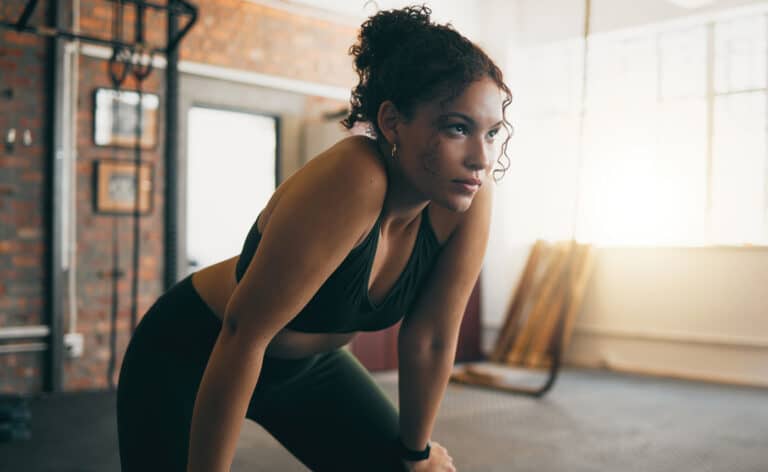Organizations offer breast cancer advocacy and support
September 27, 2006. No one forgets their date, Sophia Williams says. She was 36 years old and was joking around with a friend after returning from a cruise. During their horseplay, she says, she felt something in her breast.
The possibility it was breast cancer never occurred to Williams, who is now 50 and lives on the Southeast Side of Chicago. “Why would it?” she asks. She was young, and her mother didn’t have a history of breast cancer. Nor her grandmother. Even her doctor thought it was a cyst because of her age.
Most young people don’t realize it’s possible to get breast cancer. Doctors typically recommend mammograms start at age 40, although monthly self-exams can help young women recognize changes more easily.
It would be a few more stressful months — including a doctor’s visit, an ultrasound, a mammogram, and a biopsy — until Williams finally received a breast cancer diagnosis.
Because of a stigma in the Black community against talking about breast cancer, Williams initially faced these issues by herself. But then she started participating in numerous cancer survivorship programs, including at UChicago Medicine, UI Health, OSF Little Company of Mary Medical Center, and the Wellness House. Such organizations play a pivotal role in advocating for breast health and supporting those with breast cancer.
Improving access
There’s no need to go through this stage in your life alone, says Doris Sanchez Downing, director of development for the Northbrook-based Cancer Wellness Center. “The center is here to provide people the tools and support to guide them as they face cancer,” she says.
Many nonprofit organizations in the Chicago area have supportive programming that ranges from counseling and support groups to nutrition, yoga, and meditation classes. These organizations are largely funded by individual donations, as well as some grants, foundations, and corporations.
Cancer Wellness Center has been providing services — including education, wellness services, counseling, and support — to cancer patients and their families for more than three decades. Those services continue to be free to anyone affected by a cancer diagnosis, whether a patient, family member, or caregiver.
When the pandemic shut everything down last March, Cancer Wellness Center immediately pivoted to online offerings. Initially, turnout was low, as patients and their families tried to adjust to new online formats. Since then, Downing says, the nonprofit organization has seen a participation increase of 54% as online classes have enabled more people to access the center’s services.
“We were able to reach a group of people who had not been able to access our services, because when you’re going through treatments, a lot of times, you’re exhausted and you may be going to the doctor or the treatment center daily, leaving little room for other activities,” Downing says.
Tracy Lester, director of programs at Wellness House, a Hinsdale-based nonprofit that provides free cancer support, has been noticing similar patterns. For 30 years, Wellness House has provided services to people diagnosed with cancer, as well as family and friends of those diagnosed.
We use a psychosocial approach based on research, addressing the whole person — socially, emotionally, physically, spiritually, and psychologically.”
In 2015, the organization launched a partnership with medical and community providers to reach out to cancer patients in communities with unmet needs for psychosocial cancer support. For example, Wellness House partners with ALAS-Wings and UI Health to reach patients on Chicago’s South and West sides. In 2019, the organization launched its largest partner location at Mile Square Health Center on the West Side in partnership with UI Health.
Programs have continued online throughout the pandemic, Lester says. “Since the shutdown order last March, all Wellness House programs transitioned online, which has removed geographic barriers to participation and increased access to programs across the country.”
That adds up to more than 485 programs a month at Wellness House alone. Participants can choose from a variety of programs that address education, exercise, nutrition, stress management, child and family services, support groups, and counseling.
Everything the group does prepares and empowers people to live life fully with cancer and beyond, Lester says. “We use a psychosocial approach based on research, addressing the whole person — socially, emotionally, physically, spiritually, and psychologically.”
Essential outreach
Beulah Brent, CEO of Sisters Working It Out, a breast cancer advocacy program, says her organization wants to eliminate the disparities that exist among breast cancer patients throughout the Chicago area but especially among Black women.
For her, the work started in 2001 when she was the manager of the mammography department at the John H. Stroger Jr. Hospital of Cook County and met with a Black doctor researching these disparities.
In the U.S., despite having similar rates of breast cancer as white women, Black women are 42% more likely to die from breast cancer.
Education, outreach efforts, and mammogram advocacy form the cornerstones of the organization’s mission. A one-on-one navigation program makes a big impact.
“With our navigation program, we’re with you from start to finish,” Brent explains. When she says start to finish,
she means it. A person will accompany a woman to her screening mammogram. If the doctor requests follow-up, the navigator will make sure she returns for that appointment. If the physician diagnoses breast cancer, the navigator will be with her every step of the way, for every appointment, surgery, and treatment.
The group has educated more than 6,000 women and navigated more than 600 women through the process, Brent says.
Advocacy and education are essential, advocates say. Williams has supported others in their cancer journey by volunteering with numerous organizations after her diagnosis. When Williams reaches out to young women, she realizes she’s often competing with misinformation posted on sites like Facebook.
“Doctors need to talk about breast health,” Williams insists. The more we talk about breast health and destigmatize the conversation, the better, she says.
She encourages young women to know their body, speak up, and ask questions if something doesn’t seem right. But before that message can resonate, she says, women need to first understand the importance of annual mammograms and other exams.
Fortunately, many community organizations and advocates are pushing for better education and support. Williams is committed to sharing her story if it means it might help someone else. “Every time I tell my story, it heals me,” she says. “I want to be impactful.”
RESOURCES
Originally published in the Spring/Summer 2021 print issue.

Megy Karydes’ specialties include health, food, architecture and social justice. She’s an adjunct professor at Johns Hopkins University.










